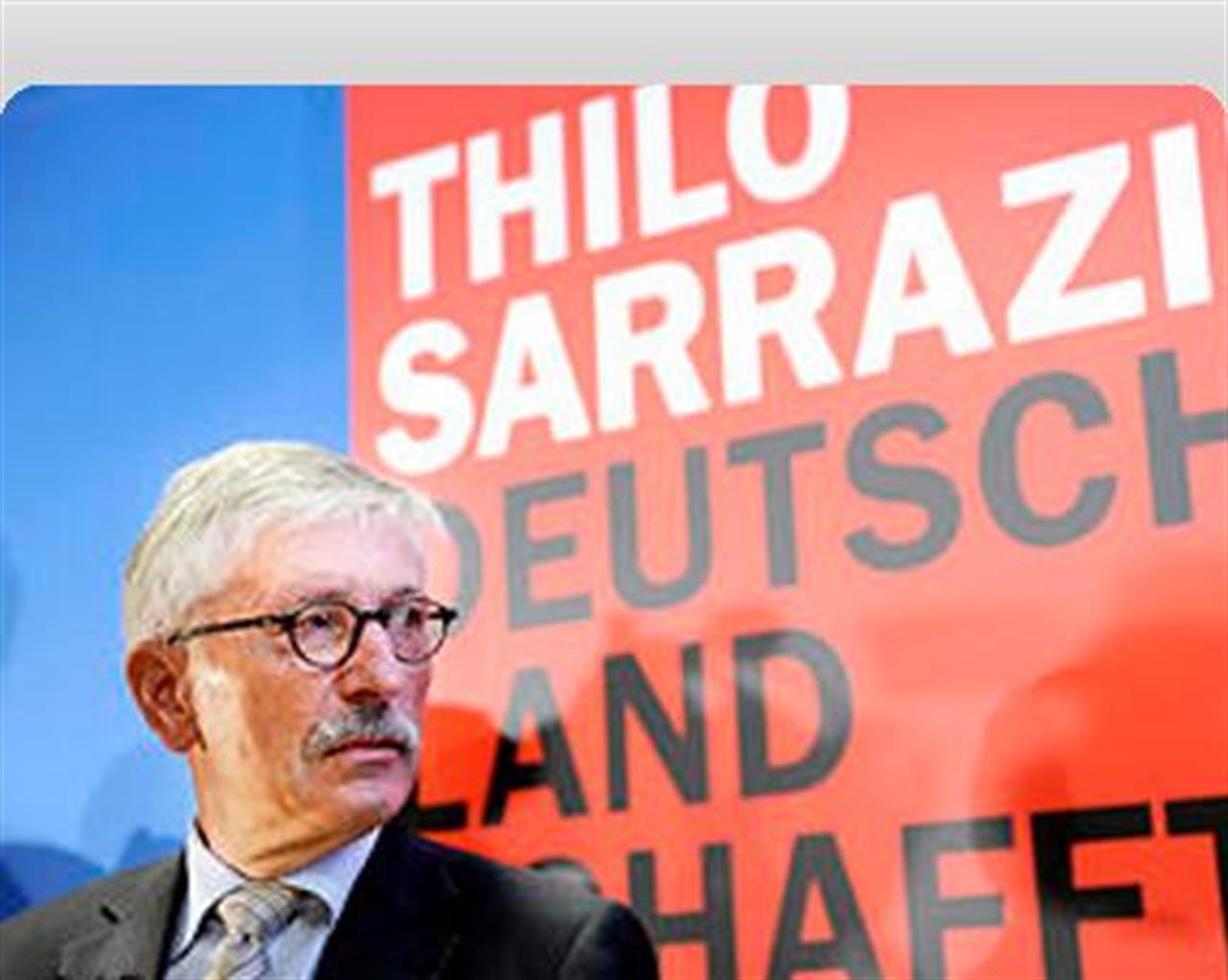Non profit
Clarifying the immigration debate
Andreas Hieronymus of the European Network Against Racism talks about the impact of Thilo Sarrazin’s book

Thilo Sarrazin, a member of the Social Democratic Party of Germany (SPD) and a board member of the Bundesbank, the German central bank, has created a stir with the publication of his new book, the title of which roughly translates to: “ Germany Eliminates Itself.”
In his book, Sarrazin argues that Muslim immigrants in Germany are “unwilling or incapable of integrating into Western society” and states that “all Jews share a certain gene.”
While his comments about Jews have caught the media’s attention, it is his negative views of Muslim immigrants that have hit a nerve in Germany, a country that is home to one of Europe’s largest communities of Muslim immigrants.
At his book launch on August 30, Sarrazin denied that his comments were racist and insisted upon his right to freedom of speech.
Speaking with Vita Europe, Andreas Hieronymus, an integration researcher and the German board member of the European Network Against Racism, dismisses Sarrazin’s antics, calling his colourful statements nothing more than, “a big marketing campaign.”
Hieronymus is critical of Sarrazin’s style, but he believes, “Sarrazin has articulated the views of a significant segment of German society and that he has the right to do so.”
He believes that Sarrazin, whatever his true motives may be, has forced an important issue into public debate.
“The interesting thing about this Sarrazin debate is that the political sphere is against him, but he is getting a lot of support from ordinary citizens. So this means that he is articulating something that is already there in the minds of the population.”
Most observers agree with Hieronymus; the book has set off an important debate about immigration and integration in a country that, due to its history, is often sheepish to talk about the two issues openly and honestly.
“He spits it out there,” Hieronymus adds with a chuckle.
Hieronymus insists that this type of anti-Islamic discourse is not limited to Germany, but it is a part of an emerging European identity, supported by right-winged populous political parties. He says that the current debate in Germany mirrors immigration and integration debates led by political party leader Geert Wilder in the Netherlands, President Nicolas Sarkosy in France and President Silvio Berlusconi in Italy.
What is spawning the growth of these movements? According to Hieronymus, “racism is always prevalent in times of economic hardship, it is the way in which a group tries to protect their privileges.”
And while he says that intolerance towards Muslims in Europe is a new phenomenon, he says this type of racism is not new, drawing a parallel between anti-Semitic campaigns in nineteenth century Germany and the anti-Muslim campaigns that are making news today.
“For example, the discussion that was had over the emergence of synagogues in Germany at that time is the same discussion that we are having today about mosques and minarets.”
However, he remains hopeful for the future, choosing to believe that integration is possible.
“Those Germans who are actually living with Muslims and migrants have found a way of doing so and are going on with their lives.”
Si può usare la Carta docente per abbonarsi a VITA?
Certo che sì! Basta emettere un buono sulla piattaforma del ministero del valore dell’abbonamento che si intende acquistare (1 anno carta + digital a 80€ o 1 anno digital a 60€) e inviarci il codice del buono a abbonamenti@vita.it
